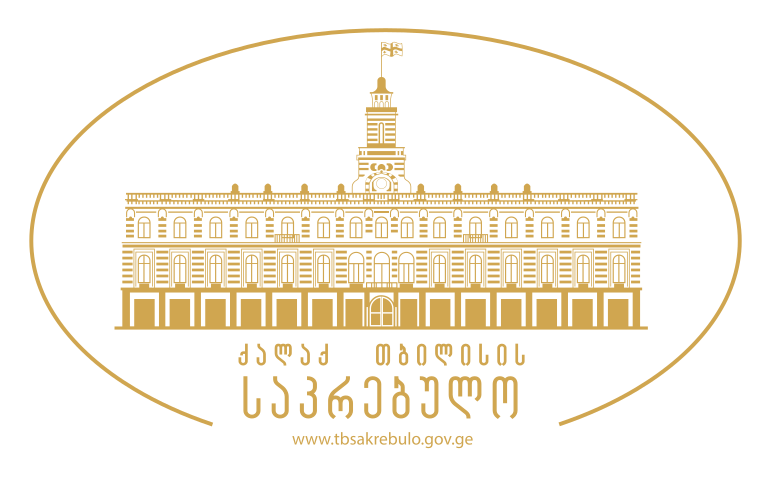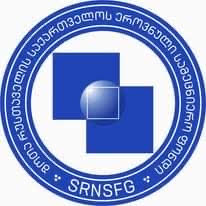013- Chinese Influences on Modern and Contemporary European and American Literature and Literary Theories
Organized by: Shenzhen University. Prof. Xiaohong Zhang
English
Existent scholarship and criticism on the interrelations between Chinese and Western literature and theories of literature oftentimes merit European and American influences on modern and contemporary China. However, few studies have explored such subjects as the cultural potentials embedded in Chinese literature and theories, the reverse empowerment enabling China to exert its cultural influences on European and American contemporary literature and theories of literature, and the reciprocal impacts across occidental and oriental civilizations. In the context of the 20th century, the discourse of “modernity” was imported into China, and the mainstream discourse of Chinese and Western humanities were long dominated by unidirectional and one-way influence studies. The modernity contained in Chinese cultural-linguistic traditions was almost hidden in the “halo effect” of the Western discourse.
This panel intends to take “Chinese influences” as a point of both reference and departure to explore how Chinese culture has effectively informed European and American modern and contemporary literature and theories. It is not meant to reevaluate the ideological and cultural heritage of the Chinese nation (such as Confucianism, Buddhism, Daoism and Maoism, cultural traditions, literary theories, literary classics and customs, etc.), but to delve into the (in-)visible influences they have exerted on modern and contemporary Western literature and theories of literature. The two-way communication and mutual enlightenment between China and the West will be elucidated, and their interlocked relationship of influencing and being influenced, borrowing and being borrowed will be ratified, as evidenced by European and American modern and contemporary literature and theories of literature.
The Project was supported by Shota Rustaveli National Science Foundation of Georgia (SRNSFG) [grant number MG-ISE-22-170]

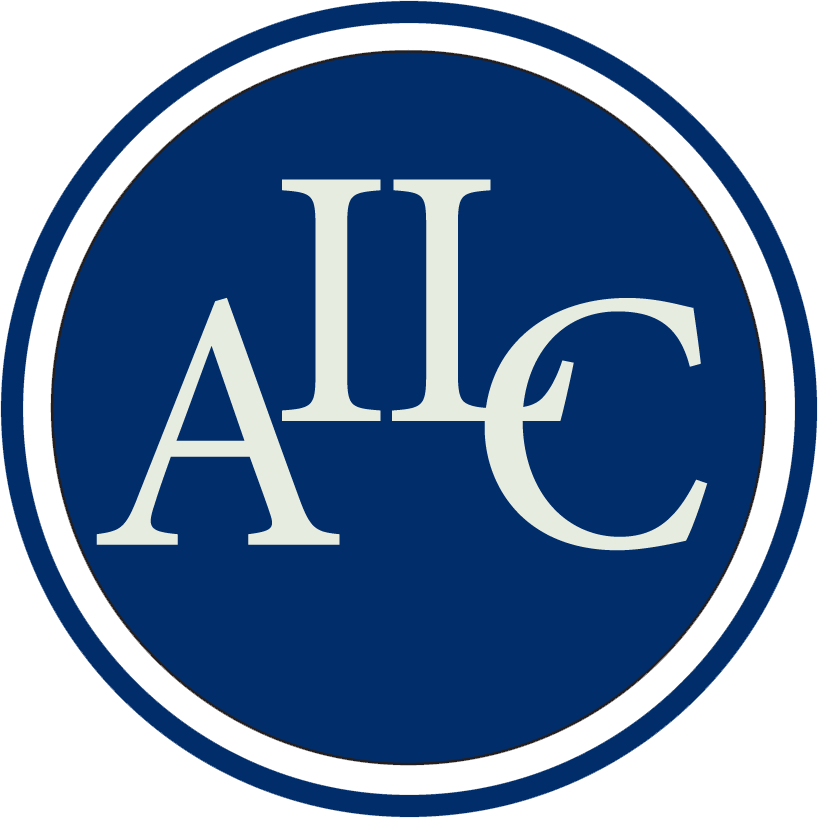
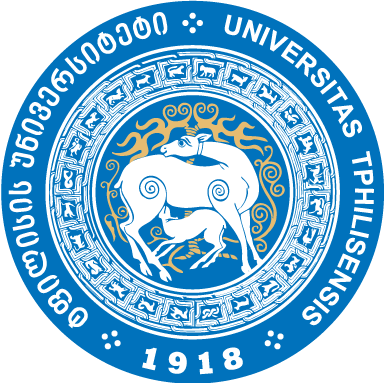

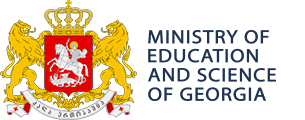
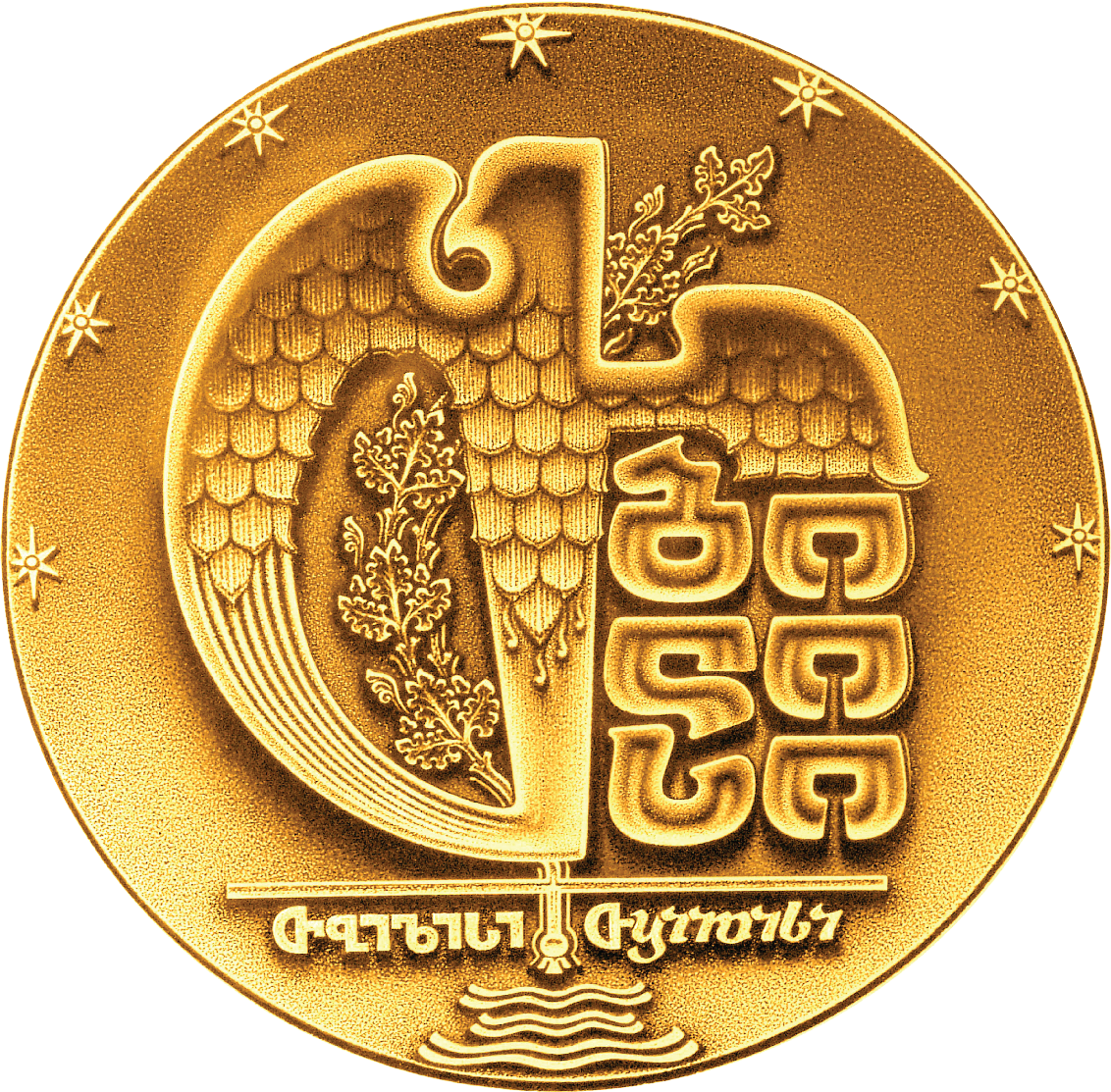

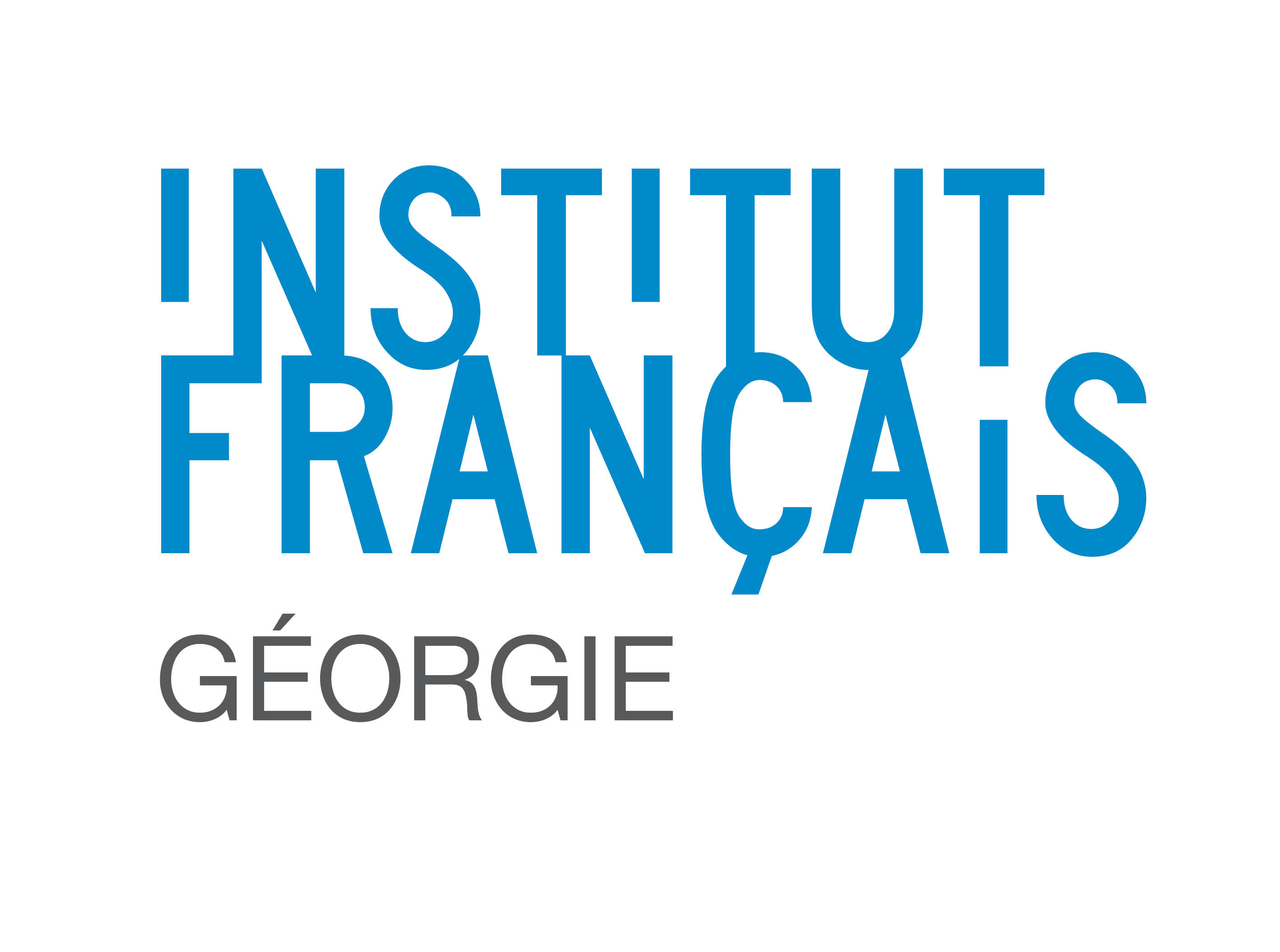


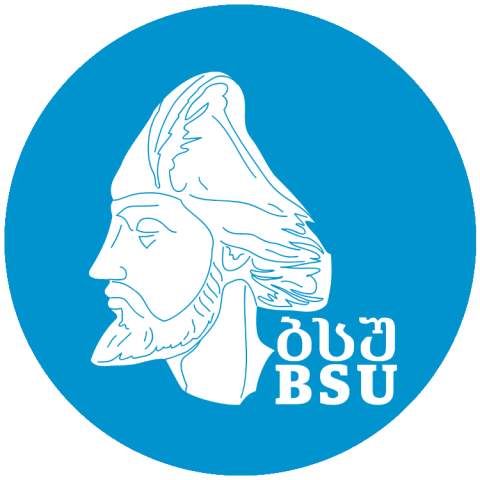

_001.png)

